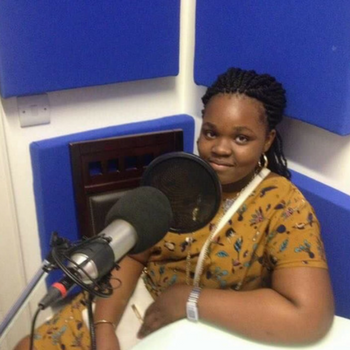 Greetings to the good people of Rivers State, and welcome to another episode of Rivethics on Radio, our character-building weekend show. Please remember this important quote on learning by the great Benjamin Franklin, which says, “Tell me and I forget, teach me and I may remember, involve me and I learn.” Our topic today is Education: The Right of the Girl Child.
Greetings to the good people of Rivers State, and welcome to another episode of Rivethics on Radio, our character-building weekend show. Please remember this important quote on learning by the great Benjamin Franklin, which says, “Tell me and I forget, teach me and I may remember, involve me and I learn.” Our topic today is Education: The Right of the Girl Child.
According to the United Nations, there are four guiding principles or core requirements that make it possible for all rights of the child to be realised, especially the right to education. The principles are:
• Non-discrimination: this relates to the rights of EVERY child, no matter their gender, religion, race, abilities, culture or whether they are rich or poor.
• The best interests of the child: any decision that is made, or any action that is taken, that may affect children must prioritise the best interests of the child, always.
• Ensuring the child’s survival and development: every child has the inherent right to life, and it is the responsibility of decision-makers to ensure they are provided every opportunity to develop and reach their potential,
• Participation: Every child has the right to express his or her opinion, and can provide advice and valuable insight into how their rights can best be protected and fulfilled.
The last requirement of involving children is so crucial (though often neglected), because children are able to create real change for themselves and their communities if given the opportunity.
There is the story in Sierra Leone of how some older children successfully delivered a programme preparing pre-school children to be ready to enter primary school by teaching the pre-schoolers early literacy and numeracy skills through the use of interactive learning games and activities. The older children in turn improved their academic grades and enhanced their self-esteem. In Nigeria, there is another story of a project, where children researched and solved a key health problem faced by their community. Supported by adult facilitators, they identified that the guinea worm challenge the village was facing was as a result of lack of clean drinking water. By changing the habits of the people in their community and ensuring access to clean drinking water, the children succeeded in eradicating guinea worm from their community.
These two stories demonstrate that if given the chance, children can really learn and develop to their fullest potentials when encouraged to participate fully in the learning process. Participatory learning is most effective for children and our schools and teachers should promote same, considering that children love to learn actively and to be given responsibilities.
This episode of Rivethics is in line with the same principle of involving children and giving them responsibilities. Our guest speaker this week is Miss Mildred Charles-Harry, a JSS 3 student of Education Plus International School in Port Harcourt. She is a 13 year old girl child who is very passionate about child rights. She is a loyal fan of Rivethics and we are very proud of her and are inspired by her clarity of vision and quality conversations. She wrote a beautiful letter to me and requested an opportunity to share her thoughts with our distinguished audience. And here we are. We encourage more involvement and participation for our children as they travel on their learning journey. Please enjoy the episode.
Great Rivers people, don’t forget to always let your manners speak for you.
God bless and keep you and your families. And God bless Rivers State.
Her Excellency, Justice (Mrs.) Eberechi Suzzette Nyesom-Wike, The Wife of the Governor of Rivers State and Initiator of the RivEthics Character Development Programme.
You can also listen to and download the Pidgin English version of this Episode below
